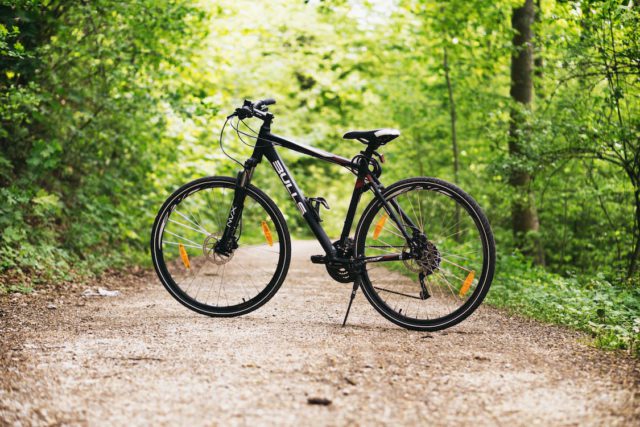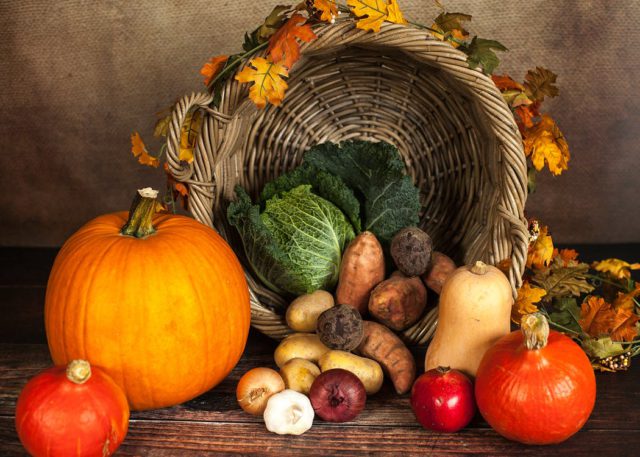Losing weight is a noble goal and very important to your health and life. If you are interested in eco-friendly weight loss or connecting with the ecosystem, you may be curious about sustainable weight loss ideas.
Related: The Mental Benefits of Regular Exercise Routine

Today’s modern lifestyle increases your weight along with the other problems it comes with, then your failed weight loss efforts. Going green brings many benefits to the environment and contributing to it is not as easy as one might think. Losing weight is a difficult process with every kilo you put in. Here are effective ways that going green can catalyze your weight loss process more effectively.
Why people become overweight
Our environment and lifestyle have changed in recent decades, society is moving faster, leading to us tending to use more processed foods or takeaway meals. This means we are ingesting more fat, sugar, and salt than we would with home-cooked meals.
At the same time, evolving machines make us perform less physical activity than in previous generations. Our jobs are more likely to involve sitting down such as manufacturing in a factory, office, or freelance at home. In addition, today’s leisure activities are also sedentary such as online games, and entertainment on the internet, and we are less likely to walk or ride a bicycle.
So we need to make conscious choices about what we eat and how we stay active for better health not only physically but also mentally. Let’s start eating healthy even when we’re busy and find ways to fit exercise into our busy lives.
The first step is to think about why you might gain weight. You may find yourself eating out more and less actively around the time you start to gain weight. Try recording what you eat with a smartphone diet-tracking app to track whether you’re eating unhealthy.
Set yourself a weight loss goal
Losing weight is a really tough journey. To get started, you need to set goals and create a roadmap for yourself. If you’re heavier than you think, don’t despair or feel like you have to take extreme measures in the short term. Break it down into small weight loss goals and focus on one step at a time. If you need to lose a lot of weight, start with a goal of losing 10% of your body weight. Don’t be discouraged if it will take you a long time to reach your ideal weight and you may feel like you can achieve more.
Get physical
Engage in physical activity whenever you can. Don’t look for short-distance car trips, walk instead. Take the stairs instead of the elevator. Cleaning the house yourself rather than hiring a maid is also a fun way to exercise and relax.
Luxury gyms, although luxurious and modern, can never match the comfort and benefits of working out outdoors in the sun. In addition, fresh air will help you sweat better, helping you to lose weight more effectively. You can choose to bike or walk to work so you don’t have to dedicate time to exercise. This will even reduce your contribution to air pollution.

Switch to a sustainable diet
Try to get plant-based protein
If you’re currently getting most of your protein from animal sources, focus on cutting back gradually and switching to plant-based protein. For sustainability, experts recommend eating legumes such as dried beans, lentils, and peas.
Eat more plants and fewer animal products
You don’t have to go vegan to save the environment or lose weight, but eating less meat can make a big difference for the environment. Focus on fruits, vegetables, legumes, and whole grains. Cut down on meat, fish, eggs, and dairy products.

Buy sustainably produced food
Prioritize the use of food produced by renewable and sustainable agriculture. These farms tend to avoid the use of harmful pesticides and fertilizers, as well as crop rotation so that nutrients in the soil are not depleted, thereby supporting the ecosystem around the farm. Visit local markets in your area to reduce emissions. When you buy local products, you reduce shipping times before they reach your door.
Cook at home
Usually, home-cooked food is more nutritious than processed foods or fast food chains. Cooking also cuts down on the resources and ingredients needed to produce food.
Reduce food waste
While some waste is inevitable, minimizing food waste is crucial to sustainability. Cook at home and eat the food before it spoils.
Use reusable water bottles
Plastic water bottles and microplastics are a big problem of environmental pollution. It takes a lot of oil and chemicals to make a bottle of water, not to mention the cost of shipping. So you can switch to reusable water bottles to limit the amount of plastic waste that ends up in landfills.
Go to bed early
Getting enough sleep is very important for weight loss. If you get enough rest, it will be easier for you to exercise and say no to late-night cravings.
The bottom line
A sustainable weight loss regime that is both healthy and environmentally friendly. Your choices are critical to building a sustainable system from services to a sustainable food supply chain. To make your weight loss more eco-friendly now, focus on eating more plants, buying from farms with good sustainability practices, and minimizing your environmental impact as much as possible.
